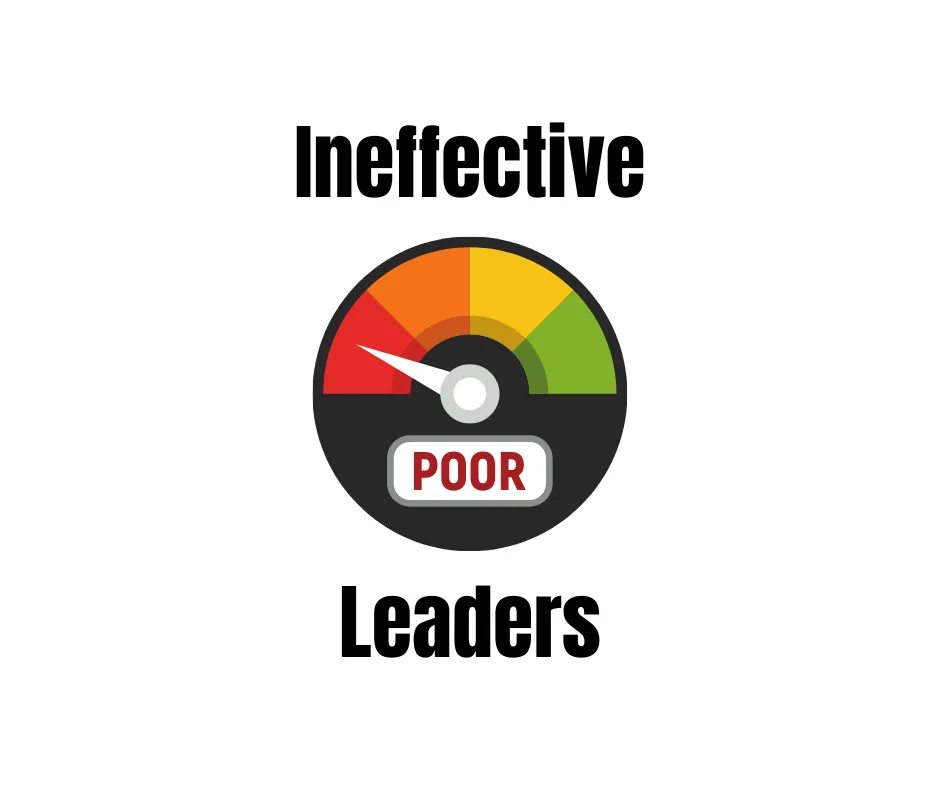The Me Mastery Blog
Take Actions That Change Your Life For The Better!

The 1 Thing That Ineffective Leaders Score Low On - And How You Can Improve Yours!
What separates effective leaders from ineffective ones? It’s not just intelligence, technical skills, or even experience. The one thing that ineffective leaders consistently score low on is emotional intelligence (EQ).
Emotional intelligence is the ability to recognize, understand, and manage your own emotions while also being attuned to the emotions of others. It’s a critical skill for leadership because it directly impacts communication, decision-making, and the ability to inspire and influence teams.
Leaders with low emotional intelligence often struggle with:
Handling stress and pressure
Building trust and strong relationships
Navigating conflicts effectively
Inspiring and motivating their teams
Adapting to change
If you’re serious about becoming a better leader, improving your emotional intelligence is essential. Here are five actionable ways to do it:
1. Take an Emotional Intelligence Assessment
You can’t improve what you don’t measure. Start by taking a validated EQ assessment to identify your strengths and areas for growth. Assessments like the Emotional Intelligence Appraisal, EQ-i 2.0, or the MSCEIT provide insights into key components of EQ, including self-awareness, self-regulation, motivation, empathy, and social skills. Once you have your results, use them as a roadmap for your development.
2. Get Coaching to Strengthen Your EQ
A coach can help you build emotional intelligence by offering insight, feedback, and accountability. They can guide you through real-life leadership challenges and help you develop strategies to regulate emotions, communicate effectively, and lead with empathy. Executive coaching, in particular, is invaluable for leaders who want to elevate their performance and build stronger relationships with their teams.
3. Practice Active Listening
Many leaders think they listen well—but in reality, they’re just waiting for their turn to speak. Active listening means giving someone your full attention, seeking to understand their perspective, and responding thoughtfully. Try these strategies:
Maintain eye contact and avoid distractions
Paraphrase what the other person said to confirm understanding
Ask open-ended questions to encourage deeper conversation
Listen for emotions, not just words
When you actively listen, you build trust and create a more engaged and motivated team.
4. Develop Emotional Self-Awareness and Regulation
Great leaders don’t let their emotions control them—they control their emotions. Self-awareness is the foundation of emotional intelligence, and it starts with regularly checking in with yourself. Ask:
What emotions am I feeling right now?
How are they influencing my decisions and actions?
Am I reacting impulsively or responding thoughtfully?
One effective way to regulate emotions is through mindfulness practices, such as deep breathing, journaling, or meditation. These techniques help you stay calm under pressure and make more rational, well-balanced decisions.
5. Cultivate Empathy and Social Awareness
Empathy—the ability to understand and share the feelings of others—is a leadership superpower. Leaders who demonstrate empathy foster trust, loyalty, and collaboration within their teams. To cultivate empathy:
Observe nonverbal cues like body language and tone of voice
Put yourself in others’ shoes—consider their experiences and challenges
Show genuine care and concern for your team’s well-being
Offer support and flexibility when employees face personal or professional struggles
When you lead with empathy, you create a culture where people feel valued, heard, and motivated to give their best.
Final Thoughts
If you want to be an exceptional leader, developing emotional intelligence is non-negotiable. By taking an EQ assessment, getting coaching, practicing active listening, improving emotional regulation, and cultivating empathy, you’ll transform the way you lead—and the way others respond to you.
Ineffective leaders score low on emotional intelligence, but you don’t have to be one of them. Start working on your EQ today, and watch your leadership effectiveness soar.
Contact me if you want to take an EQ Assessment or get Emotional Intelligence Coaching. I have conducted over 900 EQ Assessments with leaders on every Continent and have been an Executive Coach to over 3500 professionals.
© 2025 All Rights Reserved - Dr. Marcus Mottley

